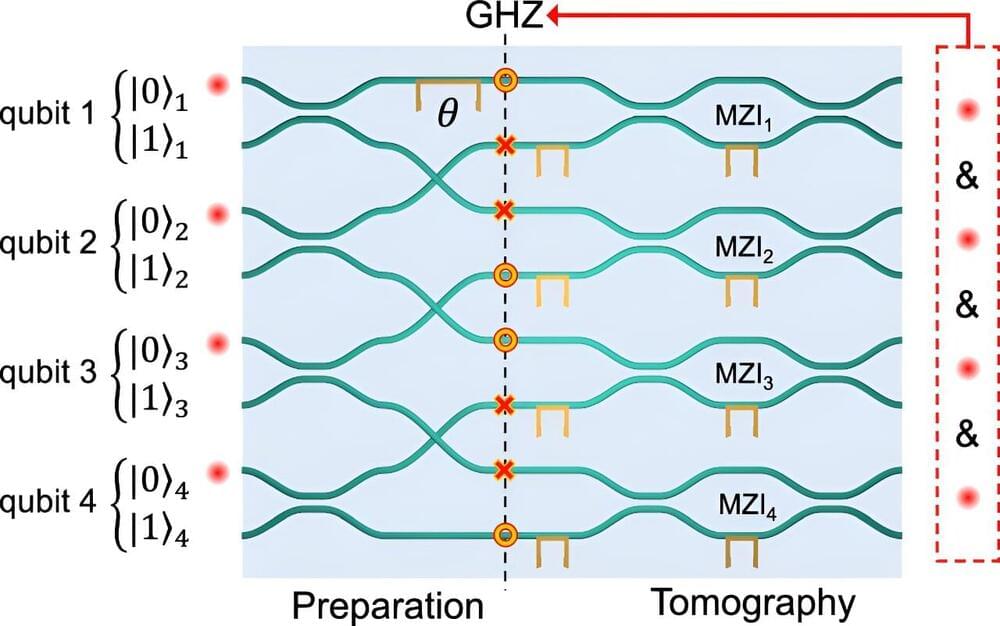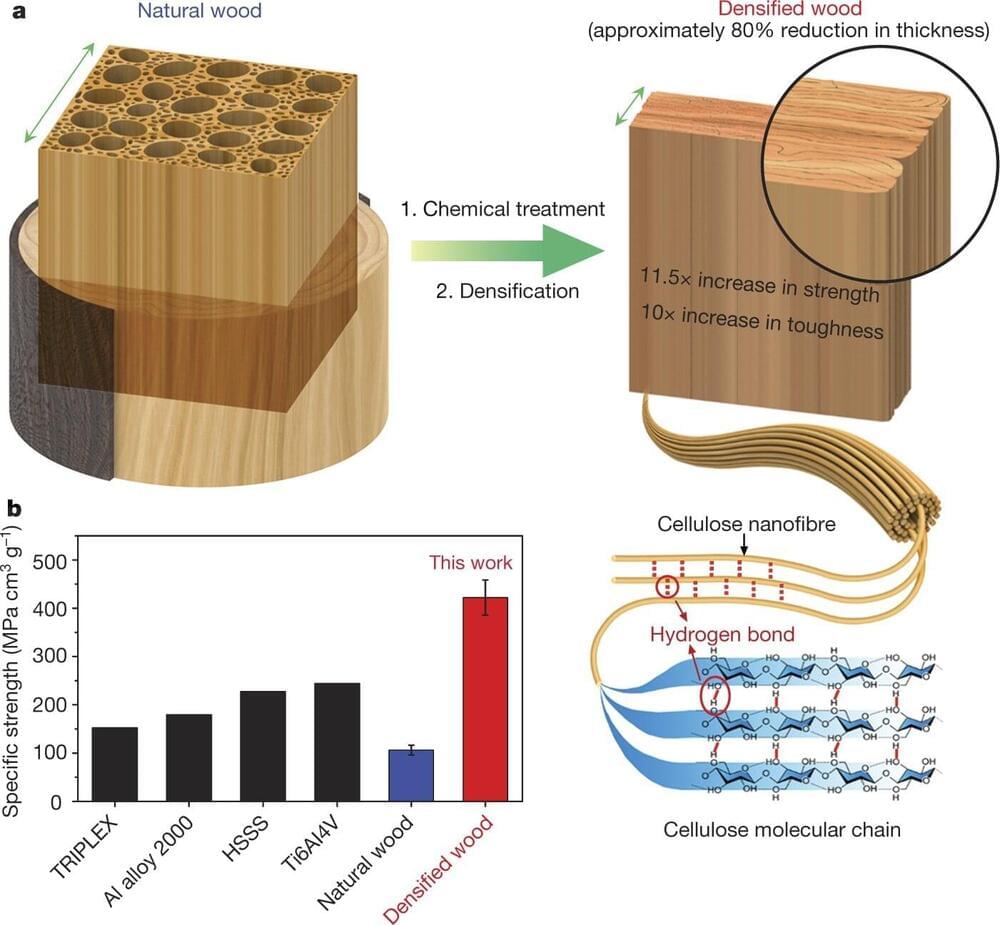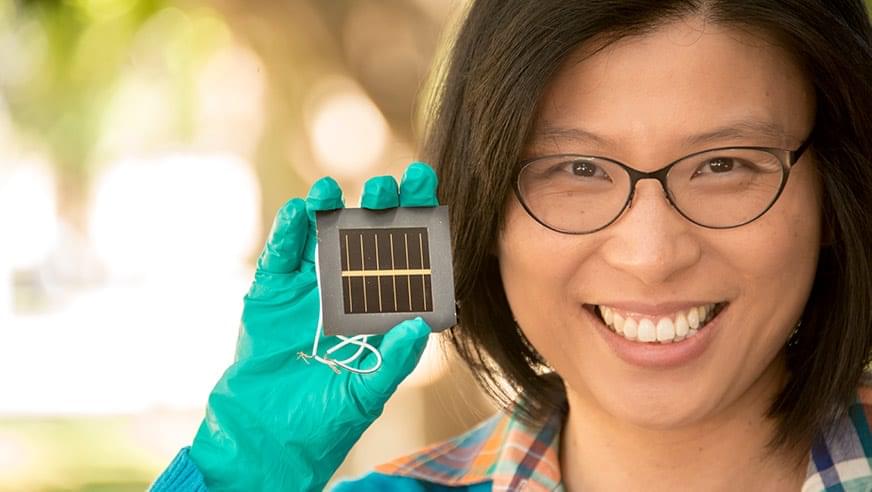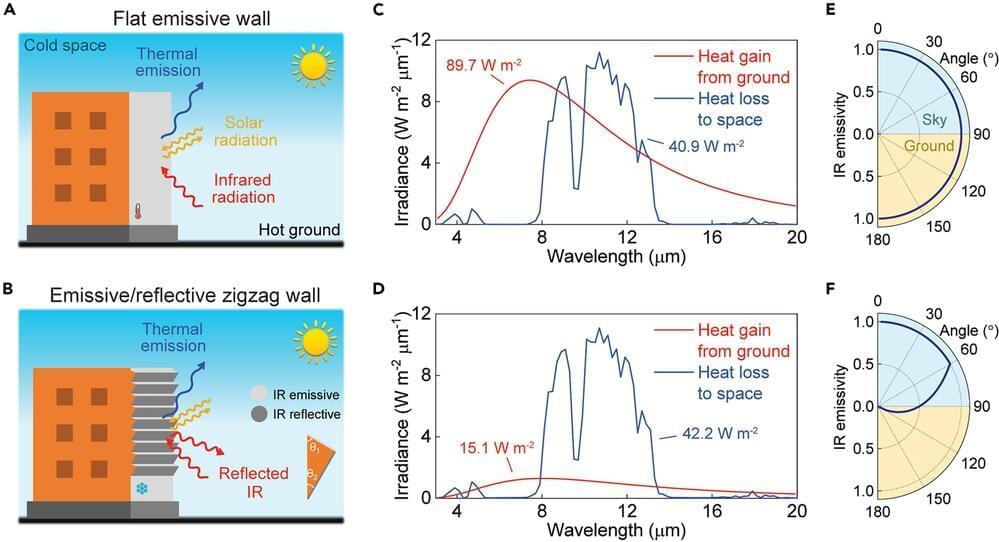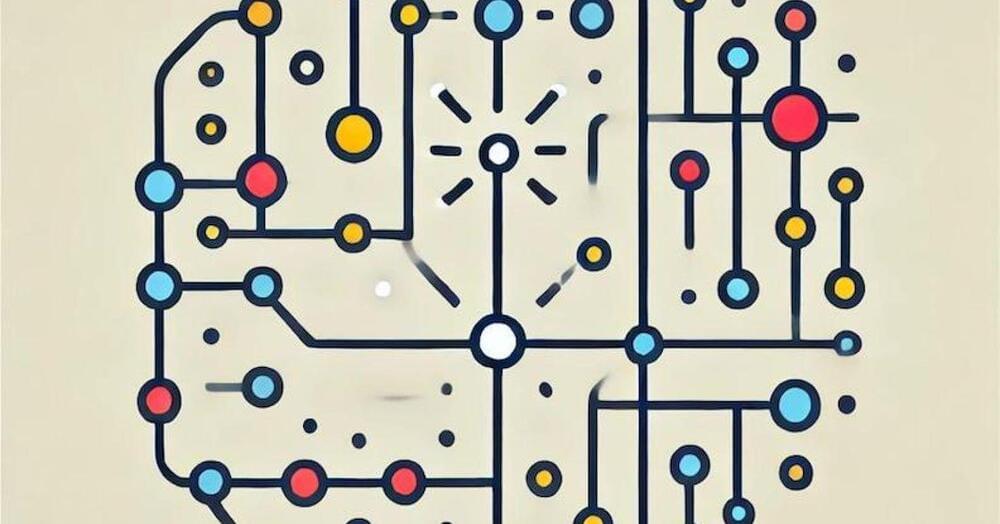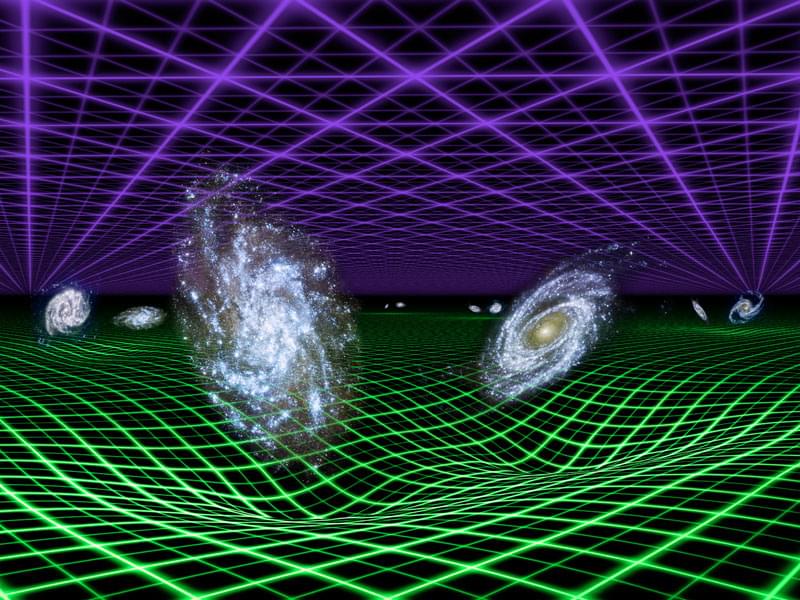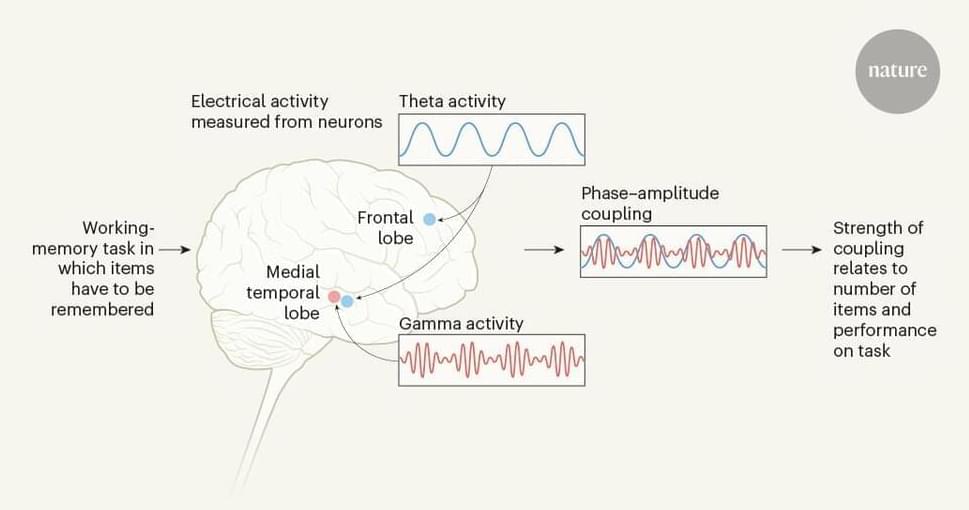Aug 12, 2024
Are emergent abilities in large language models just in-context learning?
Posted by Shailesh Prasad in category: robotics/AI
According to a new study led by TU Darmstadt, AI models such as ChatGPT are apparently less capable of learning independently than previously assumed.
According to the study, there is no evidence that what are known as large language models (LLMs) are beginning to develop a general “intelligent” behavior that would enable them to proceed in a planned or intuitive manner or to think in a complex way.
The study, which has been published on the arXiv preprint server, will be presented in August at the annual conference of the Association for Computational Linguistics (ACL) in Bangkok, the largest international conference on automatic language processing.

